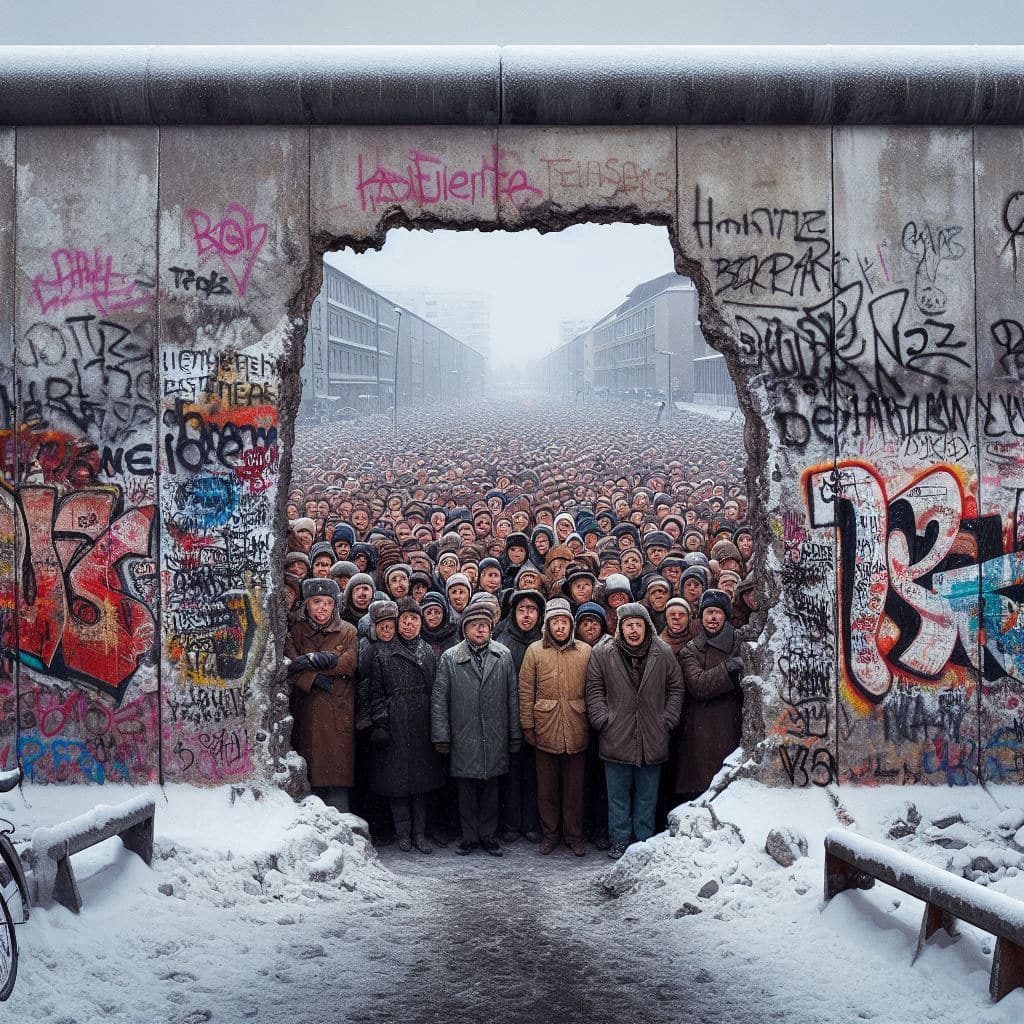After Brexit: the case for economic cooperation without political integration
SUGGESTED



Many economists pretend it is possible to reliably estimate the economic effects of leaving the EU. Far too often such exercises are, arguably, futile. This is partly because so many factors are in play that the dynamic effects are hard to predict with any accuracy. But it is partly also because some of the most important effects are impossible to model.
For example, few economic models take account for the costs of the political friction generated by the EU project’s expansion beyond its democratic mandate. These costs are hard to quantify but they are certainly not negligible. For years the “establishment-vs-the-people” narrative has drawn attention from other pressing issues.
Other rarely acknowledged – and gigantic – costs relate to Brussels having developed into a lobbyist’s paradise. Both in the private and public sector, considerable amounts of money and management energy are required to influence the EU decision apparatus. The worst economic damage, however, is linked to the big player advantages built into such a set up. The result? A regulatory burden which is often particularly hard to swallow for the less affluent – typically small(ish) and entrepreneurial – competitors, meaning the job- and tax-generators of the future. The intimate alliance between the europroject architects and a handful of major corporations can be regarded as a textbook example of a (corporatist) settlement which rewards political intimacy rather than real value generation.
Indeed, in my opinion, one of the greatest EU membership cost items of them all – unaccounted for in every financial model – relates to the dramatically reduced quality of public debate that goes hand in hand with the massive EU budget and nomination powers. Today the EU web of vested interests includes not only public servants, lobbyists and recipients of EU grants but also, in every large member state, thousands of consultants, academics, lawyers and PR-operators. Which explains why the typical “EU expert” role, for decades, has been to provide an intellectual alibi for the ever-closer-union agenda. When the capacity for a healthy economic discussion is seriously undermined, and when uncomfortable cost items are pretended away, overshoot is destined to follow.
If it now makes economic sense for the UK to stop throwing good money after bad, it makes even greater sense for most other EU budget net contributors. Why? Because with the UK heading towards exit, the EU is losing one of its biggest economies as well as its second largest budget net contributor. Among remaining members plenty of budget friction can be expected since most EU countries are net money receivers and most EU public servants are used to yearly budget increases. In fact, such friction is already brewing.
Moreover, with the UK leaving, the EU is losing its strongest challenger to the calls for ever closer union. This means that without the UK, there is a significant risk that the EU turns even more interventionist and expansionist. There are plenty of such signs already.
There is also the issue of perceived value for money. Like the UK, the Netherlands, Sweden, Denmark and Finland are export-oriented net contributor countries with relatively flexible economies. Arguably, the vision for Europe that is popular in the UK – namely, economic co-operation without political integration – is popular in these countries, too. They are now stuck in a power colossus which is shaped by German-French political interests, and a bureaucracy not distinguished by Northern European efficiency but by Southern European convolution. While still having to pay a lot more money than they receive in return.
So what would happen if the four countries just mentioned would also decide to leave the EU? One option would be the establishment of a Northern European Free Trade bloc between like-minded nations, including the UK, the Netherlands, Sweden, Denmark, Finland, and the EFTA countries Norway, Iceland, Liechtenstein and Switzerland. The volumes traded between several of these nations would immediately be larger than the volumes traded with the EU-23. Take Sweden (my country of origin). In 2016 its top ten trading partners were (in order of export volumes): Germany, Norway, USA, Denmark, Finland, UK, Netherlands, Belgium, France and China. In the scenario just described, seven out of Sweden’s ten most vital markets would immediately be located outside the EU.
Should the EU-23 not survive such a blow, the new trading network could immediately include every other (ex-)EU nation willing to be part of the new free trade bloc. Ireland would be another plausible candidate. At long last, Europe would get what most Europeans voted for in the first place: a free trade bloc without a stifling political overcoat. Lobbyists would yet again have to deal with national parliaments, where transparency is greater and backroom (protectionist) manoeuvrings harder to get away with. By removing much of the politics from the equation the prospect of striking free trade deals with other nations, across the globe, would also be much improved.
Unrealistic? That is what most people thought about Brexit less than two years ago. The single most important reason Leave won? Arguably that EU supporters lost their previously total control of the narrative in the UK. Sure, politicians selling a glorious vision, while in control of taxpayer money, can control the narrative for a long time. What politicians cannot shy away from is economic reality. For those willing to see it, major economic cracks have been showing for years. After a substantial number of UK voters understood they had been withheld crucial information – including information about almost every major downside – things moved swiftly.
Yes, the typical consensus mentality of small countries (where most professional and social circles tend to overlap) is an obstacle to change, but only for a while. When change can no longer be avoided – due to voter pressure – there can be a huge and sudden swing towards the new opinion that is now in vogue. The anxiety presently characterising the political debate both in the Nordics and the Netherlands can be regarded as evidence that change is already in the air.
Mark Brolin is the author of “A State of Independence: Why the EU is the Problem not the Solution” (Endeavour) and “Sweden’s role in a changing Europe: 17 reasons for Swexit and a fresh international start” (Realia).
4 thoughts on “After Brexit: the case for economic cooperation without political integration”
Comments are closed.




Mark, an acutely accurate assessment of the illness that is aflicting the EU. In July 2016 I was in Denmark and many people seeing the UK number plate on my vehicle spoke to me of their desire for Northern Free Trade Area.
We hear much rhetoric from the Commission about ‘more Europe’ and I am happy for them to pursue that path as it will only hasten the ventual demise of the EU.
One suspects that negative views in net contributor countries on the poor economic value offered by the EU’s zeal for political integration will start to harden when UK consumers start to benefit from lower prices on non-EU food, clothing and footwear. With that, participants in the employment market will be able to offer their labour more competitively, and help attract further FDI from outside the EU. Any new trade blocs will look more like ASEAN wherein countries pledge non-interference, but focus on convergence for trade and investment purposes, and not on politically sensitive aspects such as free movement of labour, unification of foreign and defence policies, or a single currency.
Hi I am so glad I found your blog page, I really found you by accident, while I was researching on Google for something else, Anyways I am here now and would just like to say thanks a lot for a marvelous post and a all round thrilling blog (I also love the theme/design), I don’t have time to look over it all at the moment but I have saved it and also included your RSS feeds, so when I have time I will be back to read a lot more, Please do keep up the fantastic jo.
Great article.